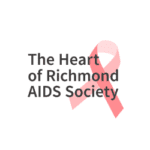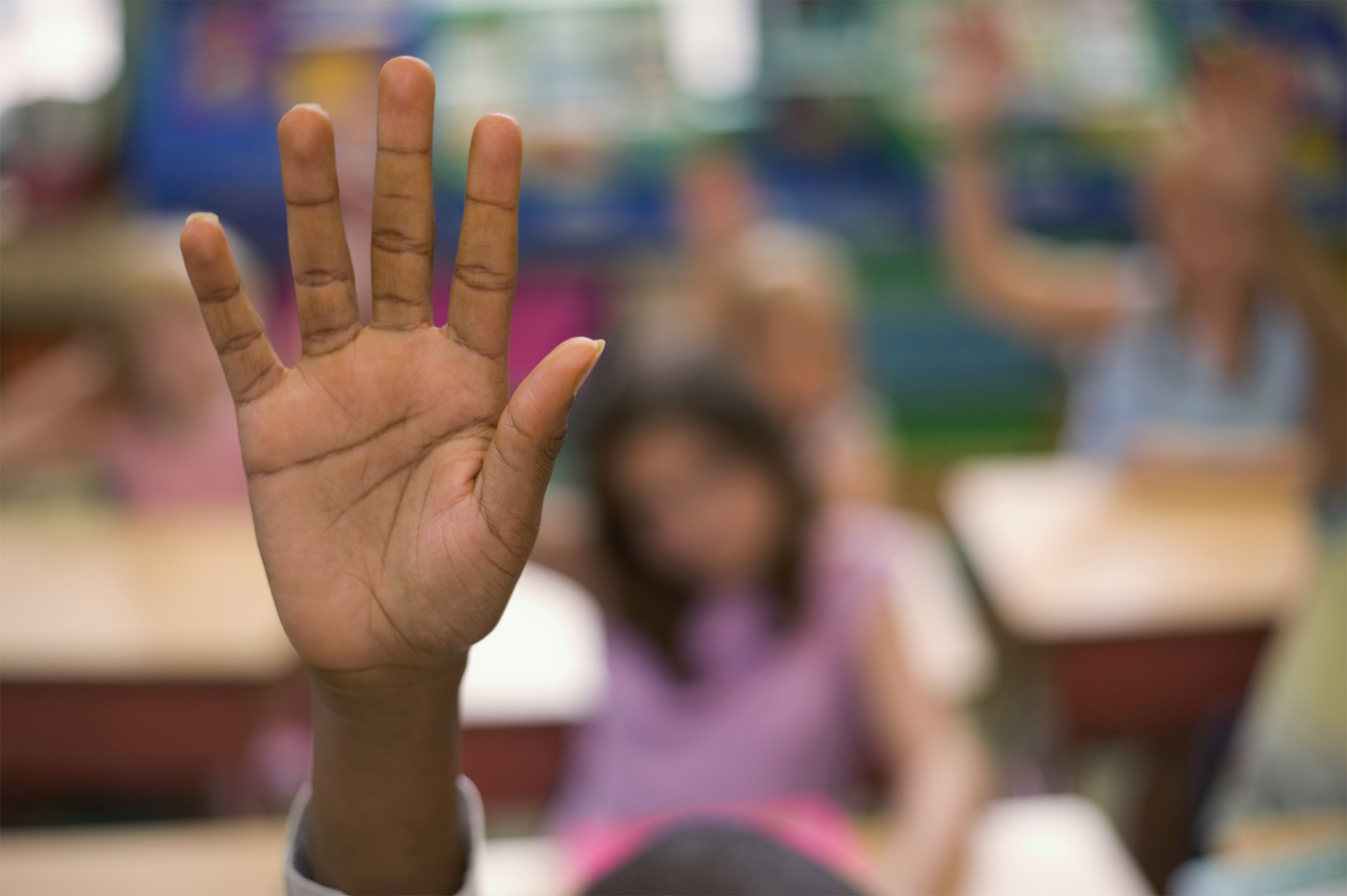This content was created by Xtra’s branded content team alongside The Heart of Richmond AIDS Society, separate from Xtra’s editorial staff.
Al Hungerschafer remembers when he first heard about the AIDS virus. He was in Grade 12, sitting around his high school locker, when a friend told him about a sexually transmitted disease that had no cure.
“We didn’t know very much about HIV at all at that time,” he now tells a group of Richmond high school students. “It was just, you know, my friend said it, a new disease that was sexually transmitted, it was deadly, and there was no cure.”
“We’ve come a long way,” he says.
Hungerschafer is presenting a workshop on HIV and AIDS to a group of high school students, as part of an outreach program conducted by The Heart of Richmond AIDS Society.
Times have changed for Hungerschafer, who is now in his early 50s. But misperceptions surrounding HIV and AIDS still exist among teenagers today. That’s why HORAS president Carl Bailey launched the workshops about seven years ago. He wanted to help educate youth, he says.
“We teach awareness of what it is, how it’s transmitted, what the risk factors are, and what the safe practices are,” Bailey says. “It just takes any questions out of their mind, in case they’re not sure. A lot of students don’t know how to ask.”
This year, HORAS aims to reach 1,500 students as it presents workshops to Grade 9, 10 and 11 students in high schools around Richmond, BC.
The approach is to really engage the youth in conversation, Bailey says. “Some are very well educated already, and some are not at all. Some come out with some really good questions, and they learn a lot,” he says.
Hungerschafer has been a presenter with HORAS for nearly seven years. He talks about the organization’s mission and history as a not-for-profit formed in 1997 by community members who wanted to provide social services and support to people impacted by HIV and AIDS.
And then he shares his own story of growing up during the AIDS epidemic and trying to navigate through that time.

Al Hungerschafer stands in front of Steveston-London Secondary School in Richmond. Credit: Courtesy Carl Bailey/The Heart of Richmond AIDS Society
Hungerschafer was diagnosed with HIV when he was in his 20s.
“I’m able to say I made it through probably the toughest part of the epidemic, and now I’m kind of on the other side where we’re doing so much better with treatment and education,” he says.
At first, he was nervous about how students might react to his personal story as well as the presentation. But the students ask “really valid questions,” he says, “because they want to know the information.”
“They want to know this, they’re finding it important, and they’re listening,” he says. “It shows it’s needed and the students are receptive to it.”
He tells the students how HIV works, what the real transmission risks are, and how treatment can reduce an HIV-positive person’s viral load to make the risk of passing on the virus almost non-existent.
“There’s a lot of fear out there and a lot of misunderstanding, you know, thinking you can get it from sharing a drink with somebody, or just maybe kissing,” he says. “If they can take one thing from the presentation it’s that they understand this: the best thing they can do is to use protection.”
He says he thinks students are more receptive to sexual education than ever.
“I think, in general, the younger generation is a lot more accepting of different lifestyles, different situations, and so when you give them information like this, they’re probably not as judgemental about it.”
He stresses to students that HIV doesn’t discriminate or care about a person’s age, race, gender or sexual orientation.
“It’s not who you are, but it’s what you do that puts you at risk,” he says. “The better educated they are, the better decisions they can make regarding their sexual health, and that’s why these programs are so important.”
The presentations are rewarding, Hungerschafer says.
“Going into the schools and finding out that the students really want this information — sometimes they’re a little uncomfortable with it, they giggle a bit, but afterwards, it’s made a impact on them.”
The Heart of Richmond AIDS Society
heartofrichmond.com


 Why you can trust Xtra
Why you can trust Xtra